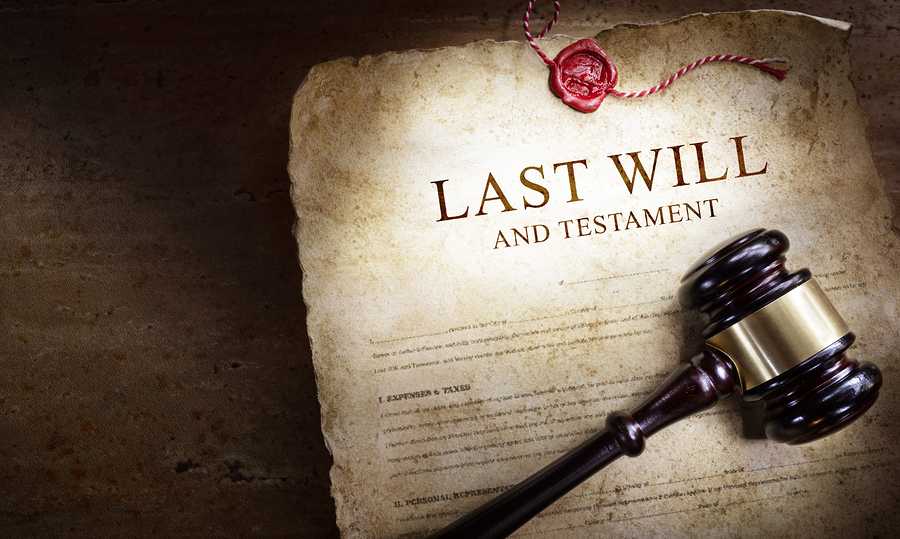Do I have to Pay the Estate’s Debt?

When a family is grieving after the death of a loved one, the last thing any of them wants to deal with is unpaid debts and debt collectors. But, sooner or later creditors must be dealt with, and one of the first questions clients ask is whether they have to pay the estate’s debt.
nj.com’s recent article asks “Is mom liable for my dead father’s credit card debt?” The answer: generally, any unpaid debts are paid from the deceased person’s estate, which means from the estate’s assets only. In fact, fair collection laws require debt collectors to let you know that you aren’t responsible for that debt.
In many states, family members, including the surviving spouse, typically aren’t required to pay the debts from their own assets, unless they co-signed on the account or loan. In other words, if they would have been liable for the debt themselves, they are still responsible. If the debt belongs to the decedent, such as a creditor card they used, then only the estate is responsible to pay the debt. There are a few potential exceptions, such as the IRS collecting estate income from anyone who benefits from the estate, but not many.
All the stuff that a person owns at the time of death, including everything from money in the bank to their possessions to debts they owe, is called an estate. When the deceased person has debt, the executor of the estate will go through the probate process. There is a lot more to this process, see here for a fuller description. https://galligan-law.com/probate-dissolving-the-mystery/
During the probate process, all the deceased’s debts are paid off from the estate’s assets. Some assets—like retirement accounts, IRAs and life insurance proceeds—may pass outside of probate and aren’t included in the probate process. As a result, these assets may not be available to pay creditors. Other estate assets can be sold to pay off outstanding debts.
Now, this portion is very state specific sometimes with very specific requirements, so you should do it at the advice of an attorney. A relative or the estate executor will typically notify any creditors, like credit card companies, when that person passes away. The creditor will then contact the executor about any balances due. Note: the creditor can’t add any additional fees, while the estate is being settled. At this point, assuming there is enough money, the executor will pay the estate’s debt from estate assets.
If there’s not enough money in the estate to pay the estate’s debts, then the executor has a very important task. Every state has an order of priority to satisfy debts such as administrative debts (attorney’s fees, accountant’s fees, court costs), priority debts and then general creditors. Different states also have different rules about whether you have to satisfy one creditor to the exclusion of the other. The executor, with the assistance of an attorney, should pay the estate’s debt according to that order of priority. The executor and the heirs aren’t responsible for these debts and shouldn’t pay them. Unlike some debts, like a mortgage or a car loan, most debts aren’t secured. Therefore, the credit card company may need to write off that debt as a loss. As an aside, there might be an opportunity to settle or negotiate debts on this basis, though there are tax implications to the estate for writing off the debt.
If your loved one passes away with debt, don’t pay it. Talk with an attorney about opening an estate for that deceased loved one and discuss how or whether to pay the estate’s debts.
Reference: nj.com (Jan. 15, 2020) “Is mom liable for my dead father’s credit card debt?”

